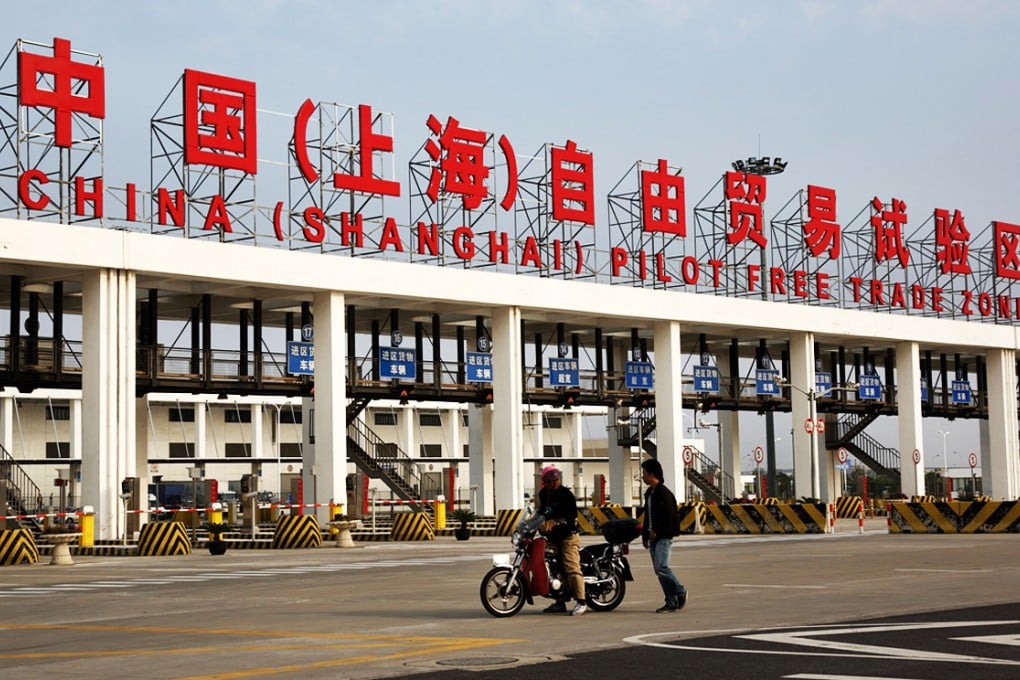Commodities trading the latest move by Shanghai to talk up free trade zone
Commodities exchanges the latest idea for city's free trade zone, and part of its plan to establish itself as a hub for international commerce

In the latest attempt to raise the profile of its Hong Kong-style free port, Shanghai has unveiled ambitious plans to create a clutch of international commodity trading platforms in its free-trade zone (FTZ).
According to an action plan to develop the city into a centre for international commerce, major commodities including iron ore, cotton and copper will be traded on the internationalised markets inside the 28.8 sq km FTZ by 2015.
The announcement follows long-heralded plans to establish international boards for crude oil futures and gold trading in the zone.
The launch of the Shanghai FTZ last September was viewed as a first step by mainland China's most developed city towards transforming itself into a major global metropolis.
Oil futures trading has yet to be launched despite [its] announcement
Establishing international platforms for spot trading in commodities is quintessential to Shanghai's ambitions of becoming a hub for international commerce. They would be likely to help China gain more pricing power over commodities that play a pivotal role in the country's economic development.
The authorities "are required to speed up the preparatory work and try to enforce the policies soon", the municipality said in a circular published on Wednesday.